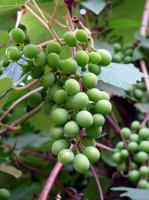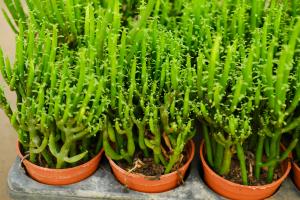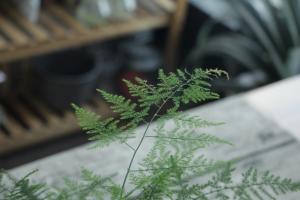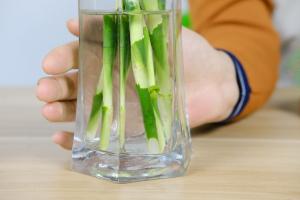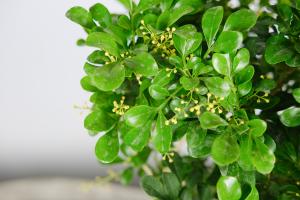Can I Put Epsom Salt Water on Plants?
Epsom salt, known chemically as magnesium sulfate, is a popular home remedy for a variety of ailments, from sore muscles to constipation. But can it benefit your plants, too? Let's explore the uses, benefits, and potential drawbacks of using Epsom salt water on plants.
What is Epsom Salt?
Epsom salt is a naturally occurring mineral compound that contains magnesium, sulfur, and oxygen. It has a crystal-like appearance and is highly soluble in water. In addition to being used as a home remedy, Epsom salt is also commonly used in gardening and agriculture.
What are the Benefits of Using Epsom Salt Water on Plants?
Epsom salt has several purported benefits for plants. It is commonly used as a fertilizer supplement to provide plants with essential nutrients. Magnesium, in particular, is an important element for plant growth and development.
Epsom salt may also help improve the overall health and appearance of plants. It is said to promote stronger, greener leaves and stimulate flower and fruit production. In addition, Epsom salt is believed to help plants defend against pests and disease.
How Do You Use Epsom Salt Water on Plants?
To use Epsom salt water on plants, you will need to dilute the salt in water. The recommended ratio is one tablespoon of Epsom salt per gallon of water. Stir the solution until the salt is completely dissolved.
You can then use the solution to water your plants or apply it directly to the leaves as a foliar spray. When watering, be sure to apply the solution evenly to the soil around the base of the plant.
Are There Any Potential Drawbacks to Using Epsom Salt Water on Plants?
While Epsom salt water is generally safe for plants, there are a few potential drawbacks to keep in mind. First, overuse of Epsom salt can lead to a buildup of magnesium in the soil, which can be harmful to plants. Additionally, applying Epsom salt directly to the leaves of some plants may cause damage or scorching.
It is also worth noting that while Epsom salt may offer some benefits to plants, it should not be relied upon as a sole source of nutrients. For best results, use Epsom salt as part of a comprehensive fertilization and care plan for your plants.
Conclusion
So, can you put Epsom salt water on plants? The answer is yes, but with some caveats. If used properly, Epsom salt can provide a range of benefits to your plants, from promoting growth to improving their overall health and resistance to pests and disease. However, it is important to follow recommended dosages and use Epsom salt as part of a balanced care plan for your plants.

 how many times do yo...
how many times do yo... how many planted tre...
how many planted tre... how many pine trees ...
how many pine trees ... how many pecan trees...
how many pecan trees... how many plants comp...
how many plants comp... how many plants can ...
how many plants can ... how many plants and ...
how many plants and ... how many pepper plan...
how many pepper plan...